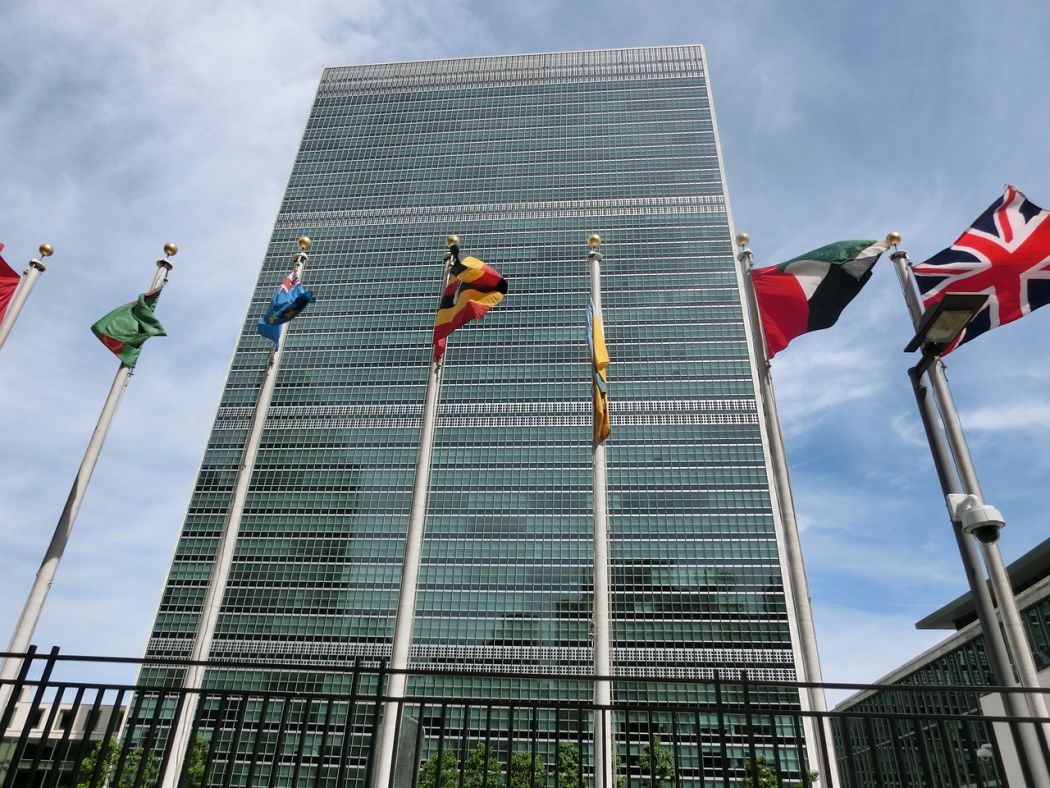The UN’s economic and social council on Monday overturned by a strong vote a decision to deny the Committee to Protect Journalists consultative status at the United Nations.
The CPJ, which defends the right of journalists to work freely and speaks out for jailed reporters worldwide, applied for the special UN status four years ago but was denied the request by the UN NGO committee in May.
Seeking to reverse the decision, the United States asked the full 54-member ECOSOC, which oversees the work of the NGO committee, to vote on granting CPJ special status.

A total of 40 countries voted in favor of the request. Five countries voted against: China, Russia, Rwanda, Zimbabwe and Vietnam.
Algeria, Bangladesh, Burkina Faso, India, Pakistan and Uganda abstained.
Granting consultative status to a non-governmental organisation allows it to have access to UN premises and gives it a voice as a recognised civil society group in UN discussions.
US Ambassador Samantha Power told the ECOSOC meeting that “CPJ is an independent impartial organisation with a long track record of reliable reporting.”
Power accused the NGO committee of deferring applications from organisations “simply because their work is critical of governments.”
The NGO committee, whose members include Russia, China, Sudan, Azerbaijan, Cuba and Venezuela, has deferred decisions on requests from hundreds of organisations for UN status.

There were 399 applications deferred in 2013, but the figure grew to 480 in 2016, Power said.
“The committee designed to support NGO participation at the UN has become a tool for keeping respected NGOs out of the UN,” Power said, calling the body the “anti-NGO committee.”
Russia and China argued that overturning the committee’s decision showed a lack of respect for its work.
There have been concerns about a backlash against NGOs at the United Nations, in particular those that defend reproductive rights and are vocal on LGBT issues and freedom of expression.
Earlier this year, a group of Muslim countries, Russia and African nations blocked 20 NGOs from taking part in a major AIDS conference.
